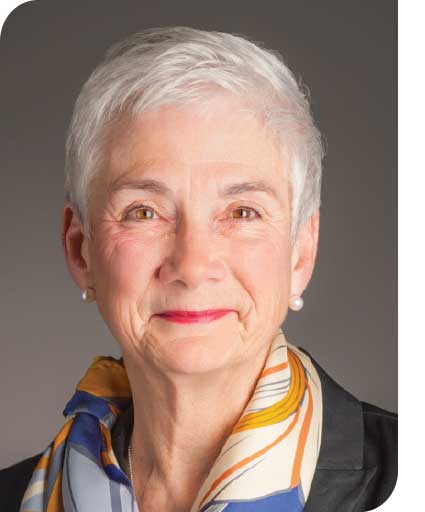St. Louis Lawyer Sees Businesses Falter When Immigration Policy Blocks Foreign Hires
Date: May 26, 2016

A senior partner at Polsinelli, a law firm in St. Louis, Doreen Dodson often works with American businesses that want to hire talented foreign nationals. “Many of these companies want international employees with a specialized skill set, ranging from medical technologists and computer scientists to professional winemakers,” she says. In many cases, Dodson says, the process to get a foreign employee a work visa is complicated and lengthy — often unnecessarily so. “Our broken immigration system means people have to jump through a ridiculous amount of hoops,” she says.
Over two decades practicing immigration law, Dodson has witnessed countless examples of the skills and talents that foreign citizens bring to the United States. “I’ve seen firsthand how important the vitality and energy of immigrants is to our country,” she says. Dodson has also seen how our broken immigration system makes it difficult for many of these individuals to enter and remain in the country.
Dodson, the first female president of the Missouri Bar, also works with the startup and venture capital communities in St. Louis, helping foreign entrepreneurs start businesses in the United States. “Our archaic immigration system doesn’t allow foreign entrepreneurs, many of whom got their PhDs here in St. Louis, to stay and build their businesses here,” Dodson says. “It’s a tremendous brain drain: We bring in these excellent people, invest in their PhDs, and then we lose them.” She adds that many have gone on to start successful businesses in their home countries. Because Congress has yet to pass a visa specifically for immigrant entrepreneurs, Dodson and her team have “had to think creatively about legal ways to help these people to stay here and fill gaps in the labor force or create new American jobs.”
It’s a tremendous brain drain: We bring in these excellent people, invest in their PhDs, and then we lose them.
Yet no matter how creative Dodson and her team try to be, many talented foreign entrepreneurs end up getting pushed out of the country. Dodson cites the case of a St. Louis startup that hired a highly skilled Irish employee on a J-1 visa, a category for foreign scholars and researchers. “When his H-1B application was denied in the lottery, he had to work via Skype from Ireland,” she says. This remote work eventually proved unsustainable, leaving both the employee and the employer worse-off.
Dodson knows that the longer we wait to fix immigration policy, the more economic opportunities the United States loses. “We should be fighting to have more people like this, who enrich our community, instead of pushing them away,” she says.
